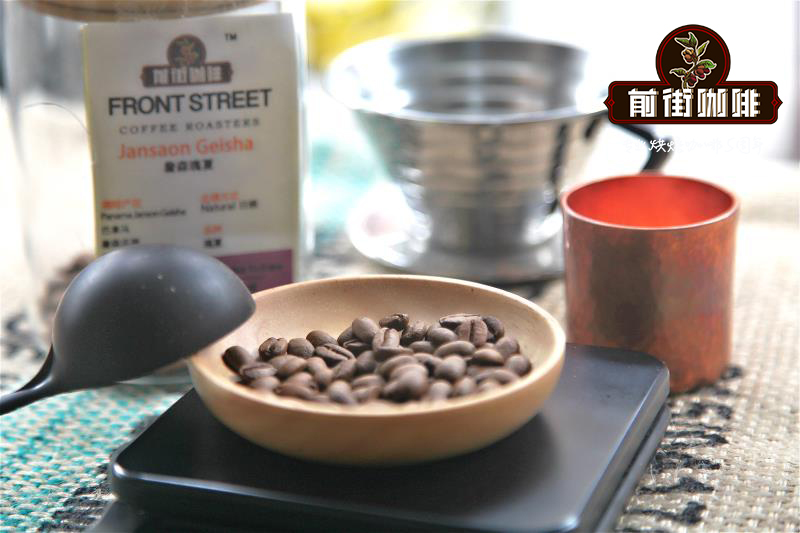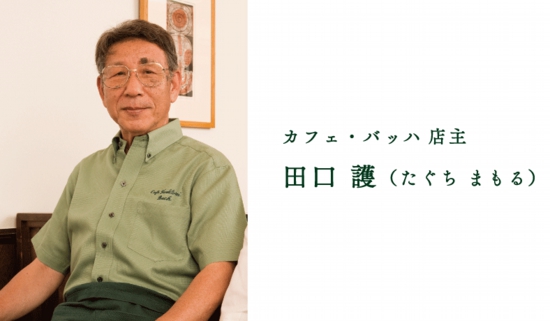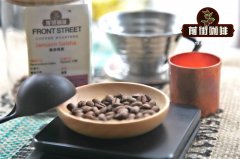How about Tippica Coffee? how about Tippica Coffee? the characteristics of Tippica Coffee

Professional coffee knowledge exchange more coffee bean information please follow the coffee workshop (Wechat official account cafe_style)
When it comes to Yunnan coffee, perhaps the most common word we hear is "Yunnan small-grain coffee", and most of them will say "Yunnan small-grain coffee-fragrant but not bitter, strong but not strong", so many people classify the varieties of Yunnan coffee as "small-grain species". The evaluation of the taste of Yunnan coffee is naturally "fragrant but not bitter, strong but not strong".
Regardless of whether it is correct or not, there is no word "small seed" among the more than 900 named coffee varieties at present, so this "small seed" is not strictly a coffee variety, it is just a nickname given to this variety by the people of Yunnan. In fact, the name of Yunnan "small grain coffee" should be called arabica--typica (Arabica-iron pickup). Or arabica--bourbon (Arabica-bourbon).
Typica is also known as Tibika, Tibika and Tippika due to the differences between English and Chinese translation. For the old variety of small-grain coffee, its resistance to diseases and insect pests is not strong, the yield is low, and it is difficult to cultivate, so the price is much higher than that of ordinary small-grain coffee. It is native to Ethiopia and southeastern Sudan and is the most widely cultivated variety of coffee in the Western Hemisphere. The plant is strong, but it is not resistant to light. The top leaf of the iron pickup is red copper, which is called red top coffee.
The Ironpika tree has finer branches and large spacing between branches, so when it bears fruit, the coffee fruit is strung together like beads, and there is a clear gap between each "bead"; Ironpika has smaller leaves and thinner flesh; the fruit is much smaller than Catimo, so it doesn't mind mixing tin raw beans with it when baking.
Under the same baking degree and the same cooking conditions, the fruit acidity of the iron pickup is more obvious than that of the Catimor planted on the same piece of land. If the altitude is high enough, the flavor of the iron pickup coffee will be more prominent, so that you will linger on him. Of course, if you mix the ideal tin Kadou beans with the right amount into the Katimer beans that are about to be brewed, the taste of this mixed coffee will be much better than that of the individual Katimer.
Yunnan Organic Iron pickup Coffee is the oldest variety in Yunnan. In 2011-12, the annual output of the bean in Yunnan was only 30, 000 tons, which is very rare. More than 15 mesh, altitude: 1200 meters above, fruit acidity: strong, characteristics: fresh coffee in this season raw beans, mellow, delicate and lubricated taste, good acidity and personality. Growing on Gaoligong Mountain in Lujiangba, Baoshan, Yunnan Province, natural high-quality coffee uses a variety of natural technologies to ensure the growth of coffee trees, because the natural ecological environment is the goal of organic coffee consumers. Quenching suggestions: hand cup, siphon pot, mocha pot; baking degree: medium
Important Notice :
前街咖啡 FrontStreet Coffee has moved to new addredd:
FrontStreet Coffee Address: 315,Donghua East Road,GuangZhou
Tel:020 38364473
- Prev

The coffee legend of Mr. Taguchi, the god of Japanese coffee! Taguchi's Contribution to Coffee
Professional coffee knowledge exchange More coffee bean information Please pay attention to coffee workshop (Weixin Official Accounts cafe_style) When we mention Japanese hand-brewed coffee and important figures of Japanese coffee, Mr. Taguchi is absolutely indispensable. He not only has the reputation of "the first chair in Japanese coffee industry," but also his works are the enlightenment of many coffee people. Today, Xiaobian will introduce Tian to you.
- Next

Explore the flavor of Yunnan Katim coffee beans Yunnan Katim coffee beans
For more information on coffee beans, please follow the Coffee Workshop (official Wechat account cafe_style) Coffee trees are flowering plants of the genus Rubiaceae, ranging in size from small shrubs to 18 meters tall. Wild coffee species grow irregularly in the tropics, and new species are still being discovered. Strictly speaking, coffee is only
Related
- Detailed explanation of Jadeite planting Land in Panamanian Jadeite Manor introduction to the grading system of Jadeite competitive bidding, Red bid, Green bid and Rose Summer
- Story of Coffee planting in Brenka region of Costa Rica Stonehenge Manor anaerobic heavy honey treatment of flavor mouth
- What's on the barrel of Blue Mountain Coffee beans?
- Can American coffee also pull flowers? How to use hot American style to pull out a good-looking pattern?
- Can you make a cold extract with coffee beans? What is the right proportion for cold-extracted coffee formula?
- Indonesian PWN Gold Mandrine Coffee Origin Features Flavor How to Chong? Mandolin coffee is American.
- A brief introduction to the flavor characteristics of Brazilian yellow bourbon coffee beans
- What is the effect of different water quality on the flavor of cold-extracted coffee? What kind of water is best for brewing coffee?
- Why do you think of Rose Summer whenever you mention Panamanian coffee?
- Introduction to the characteristics of authentic blue mountain coffee bean producing areas? What is the CIB Coffee Authority in Jamaica?

